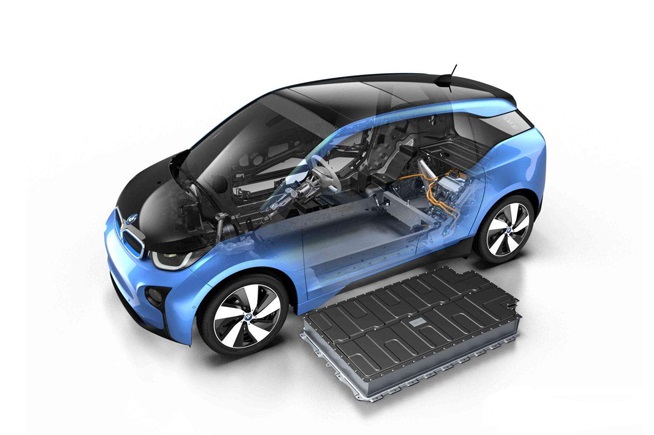Japan has long adhered to the dual strategy of ensuring energy security and improving industrial competitiveness, guided the development of the new energy vehicle industry through the formulation of national goals, and attached great importance to technological innovation. In 2006, Japan put forward a new national energy strategy, with the goal of reducing the dependence on oil in the transportation sector from 100% to 80% by 2030. In order to cooperate with the implementation of this new energy strategy, it put forward a next-generation vehicle fuel plan, clearly proposing to improve and enhance the fuel economy standards of vehicles and promote the application of biomass fuel. Promote the application of electric vehicles and fuel cell vehicles. Recently, Japan will vigorously develop electric vehicles as an important part of the low-carbon revolution, and plans to popularize the next generation of vehicles with electric vehicles as the main body by 2020. At present, Japan is fully developing three types of electric vehicles, and its hybrid sales are the highest in the world; In terms of pure electric drive, the pace of planning and industrialization is also the fastest; In addition, Japan's research and development and industrialization of fuel cell products are also ahead of other countries.
Japan's new energy vehicles are developing rapidly
Japan is small in territory and poor in resources, so it attaches great importance to the development of new energy vehicles. In May 2006, the Japanese government formulated the "New National Energy Strategy", which proposes to further reduce the current oil dependence of nearly 50% to 40% by 2030.
l Unique in the field of hybrid vehicles
Japan has industrialized hybrid vehicles, encouraging the development of fuel cells and biofuels. At present, the hybrid vehicles of Toyota, Honda, Nissan and other Japanese manufacturers are not only selling well in the domestic market, but also making other manufacturers look up to them in the international market.
Attach importance to fuel cell and biofuel technology development
Japan plans to spend 209 billion yen over five years to develop liquid synthetic fuel technology based on natural gas, vehicle batteries, and hydrogen fuel cell technology; The introduction of biofuels was initiated in 2007, with the aim of producing 50 million litres of biofuels in 2011 alone.

-- Europe
Compared with the United States and Japan, Europe is more focused on greenhouse gas reduction strategies. Meeting increasingly stringent CO2 emission limits has become a major driving force for the development of new energy vehicles in Europe. In the early years, the development of new energy vehicles in Europe was mainly based on biomass fuel, natural gas and hydrogen fuel, and at the beginning of this century, it was proposed to replace 23% of oil by 2020. More recently, Europe has paid close attention to electric vehicles. For example, Germany released an electric vehicle plan in the second half of 2009, attaches great importance to the development of pure electric vehicles, focuses on pure electricity, and respectively put forward the industrialization and marketization goals in 2012, 2016 and 2020.
Attach importance to the development and application of biofuels
Europe has always attached importance to energy conservation and emission reduction.
The European Commission published the New European Energy Policy in 2007.
The target is to reduce greenhouse gas emissions by 20% and increase the share of renewable energy to 20% by 2020; It will also increase the EU's energy research and development budget by 50% over the next seven years.
Clean diesel vehicles are developing rapidly
With the strong technical advantages of European car manufacturers in diesel engines, Europe is the fastest developing in clean diesel passenger cars.
At present, diesel vehicles account for more than 50% of total passenger car sales.
Strong support from European governments
In addition to the European Commission, European governments have also formulated a large number of policies and measures according to their national conditions, aimed at promoting the development and consumption of new energy vehicles.
